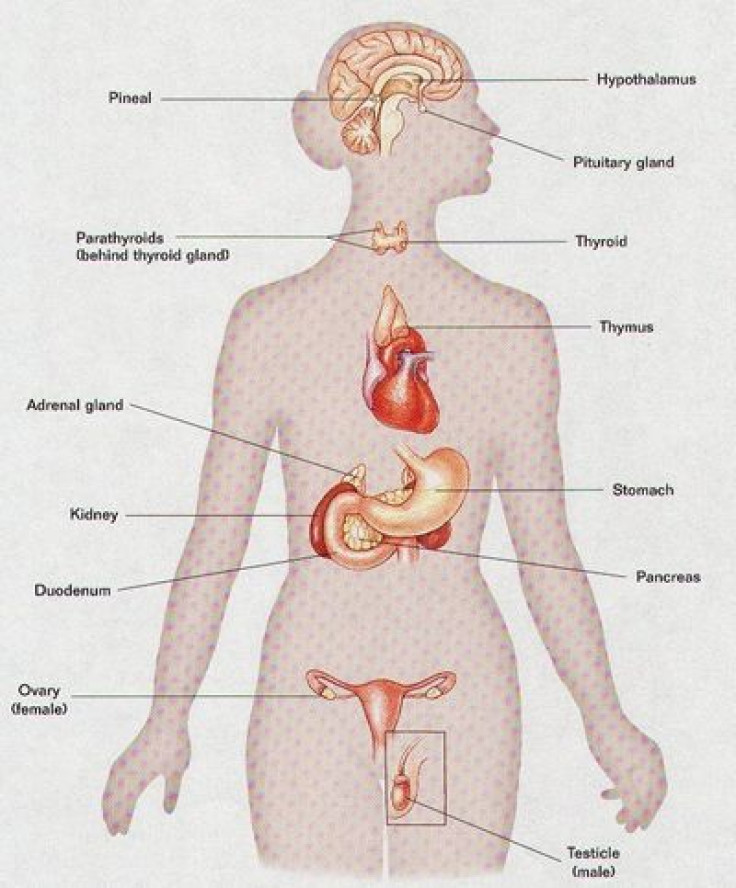Vulnerability To Stress-Related Mental Illness Linked To Menstrual Cycle

Women may be more susceptible to the psychological effects of stress during particular times in their ovular cycles, new research shows.
In a first, researchers found a link between repetitive and intrusive thoughts, a common manifestation of mood and anxiety problems, during the "early luteal" phase of the menstrual cycle, which begins roughly 16-20 days after the start of menstruation. The research may help clinicians better target treatment in women for mental health problems, particularly post-traumatic stress syndrome.
In the study, investigators followed 41 women ages 18-35 who experienced regular menstrual cycles and were not using the pill as a form of contraception. Each woman viewed a 14-minute film designed to stress them emotionally, with images of death or injury. Afterward, they provided a saliva sample to test hormone levels, and were asked to record their thoughts about the video in the days following.
"We found that women in the 'early luteal' phase... had more than three times as many intrusive thoughts as those who watched the video in other phases of their menstrual cycle," Dr. Sunjeev Kamboj, of the University College of London's department of clinical, educational and health psychology, said in a statement. "This indicates that there is actually a fairly narrow window within the menstrual cycle when women may be particularly vulnerable to experiencing distressing symptoms after a stressful event."
The study is the first to show a link between psychological vulnerability and any hormonal cycle, investigators said.
"Asking women who have experienced a traumatic event about the time since their last period might help identify those at greatest risk of developing recurringsymptoms similar to those seen in psychological disorders such as depression and post-traumatic stress disorder," Kamboj said. "This work might have identified a useful line of enquiry for doctors, helping them to identify potentially vulnerable women who could be offered preventative therapies."
However, the work is only the first preliminary step toward developing such new preventative mental health therapies, she said. "Although we found large effects in healthy women after they experienced a relatively mild stressful event, we now need to see if the same pattern is found in women who have experienced a real traumatic event."
One possibly large wildcard in the game may be the use of oral contraceptives, known to produce side effects in everything from breast to brain.
The study was published in the September issue of Neurobiology of Learning and Memory.
Soni, Mira, Curran, Valirie H, Kamboj, Sunjeev K, "Identification of a Narrow Post-Ovulatory Window of Vulnerability to Distressing Involuntary Memories in Healthy Women." Neurobilogy of Learning and Memory, 2013.



























